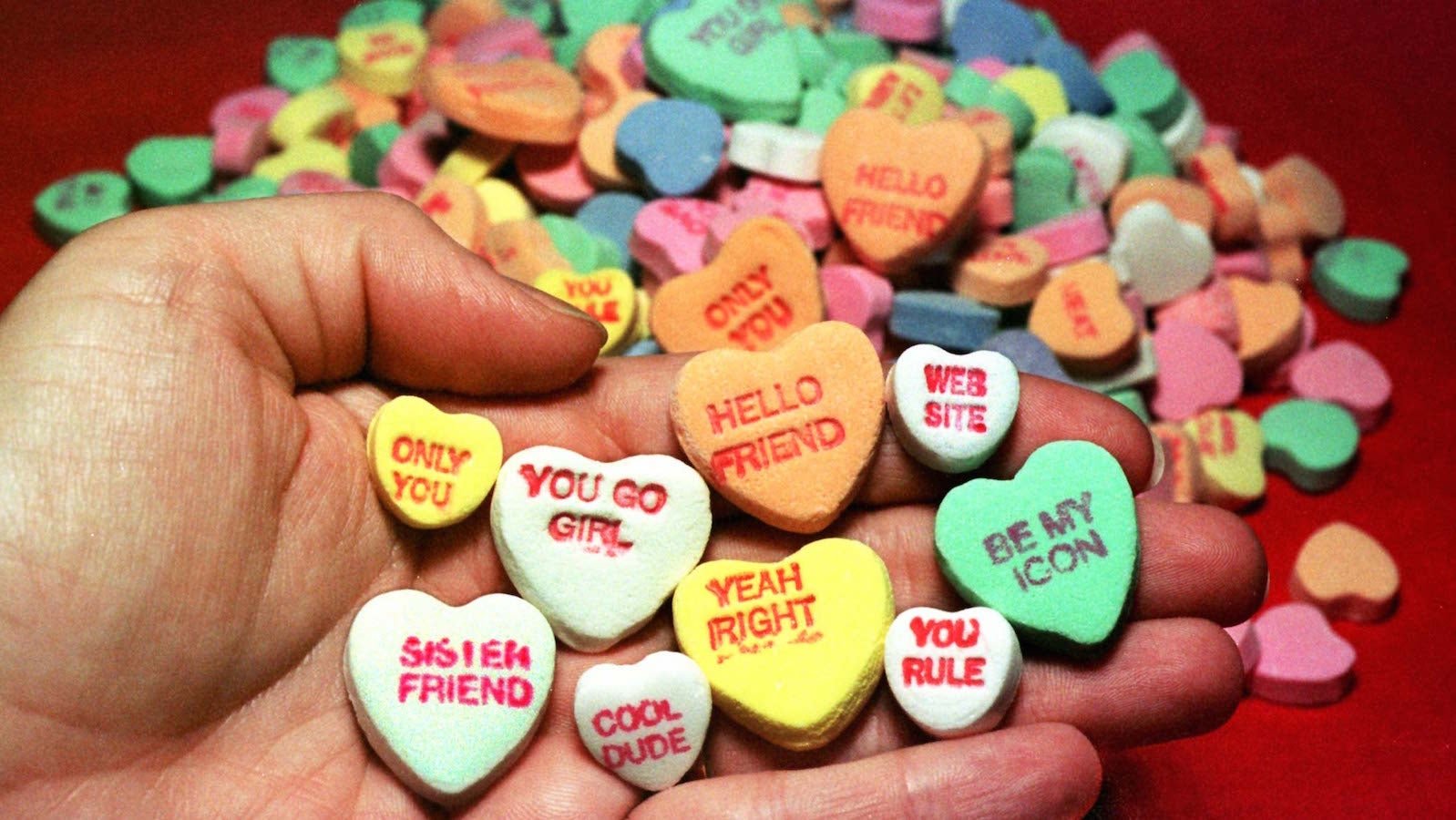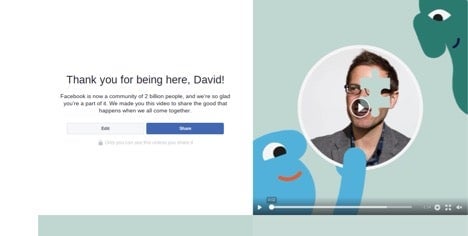We’ve already developed “Google Brain”—but what about Facebook Heart?
We are outsourcing our hearts to Facebook.


We are outsourcing our hearts to Facebook.
Our brains have already been altered by Google, as famously first pointed out by Nicholas Carr’s seminal 2008 piece in the Atlantic, “Is Google Making Us Stupid?” His basic argument, expanded upon in The Shallows: What the Internet Is Doing to Our Brains, is that our over-reliance on Google for every answer, along with a never-ending flood of content screaming for our attention, is turning us into superficial thinkers. We have outsourced our brains to a search engine that can think for us.
If Google is our brain, then Facebook is quickly becoming our heart. Whereas Google Brain is letting the search engine think for you, Facebook Heart is letting the world’s largest social network feel for you. It is the blurred line between caring and sharing, in which Facebook’s suggestions become a stand-in for our actual preferences and desires. It is the nostalgia that is constantly being cultivated for us. Facebook Heart turns off our inward gaze, and teaches us that we are what we post.
We’re not, of course—the heart is far more complicated than an algorithm. But by ceding the action of reflection to Facebook, we risk losing the ability to create our own sense of self. Who we are shouldn’t be an easily answered question, but an ever-shifting understanding.
Facebook’s ubiquitous compilation videos are one way the platform messes with your heart. You are given a frictionless path to present who you are to the world. You don’t need to navel gaze, only hit the share button. A recent video feature goes as far as to quantitatively display the amount of hearts you have given on the platform, conflating how you emote on Facebook with your underlying emotional state. Friends appear in a snazzy slideshow, likely chosen for their levels of engagement with your posts. It is all nicely packaged in a way that would appear organic, giving you a sense of agency and intention. It is prompted nostalgia with faux intimacy.

“You’re getting snippets of your idealized past in this new romanticized form,” says philosophy professor Evan Selinger of the Rochester Institute for Technology. Selinger is the co-author of the upcoming book Being Human in the 21st Century where he and his co-author, Brett Frischmann, explore the “techno-social engineering“ employed by companies like Facebook to nudge our feelings. Selinger defines this as “the engineering of desires, preferences, how we even emote.”
It is quite obvious that you are being nudged on Facebook. As a for-profit publicly-traded company, you shouldn’t expect anything less. “It seems very clear that tweaking our emotions has been long part of Facebook’s game,” Selinger says. “And I think this is definitely concretizing the fact that if they can use our past in ways to make us more engaging in the present, and the future, they’ll engineer the shit out of it.”
The danger is that we will accept Facebook’s version of who we are.

”When these technologies have a power over our affect, or emotional life, you have ask who is doing the emoting,” Selinger says. “The more that Facebook can trigger certain emotions, and if we’re unclear that they’re being triggered in a rather contrived way, then to some sense we are outsourcing or delegating some of our emotional life without being fully conscious with how that process of delegation is working.”
Similar to how using a GPS lessens the need to understand direction and sense of place, one has to wonder if Facebook algorithms can lesson our understanding of who we are. Algorithms thrive on the orderliness of an equation; they will assume the people who comment on your posts the most are your closest friends and family. But what if matters of the heart are far messier than an equation? Facebook is making a major assumption that your past actions should dictate your current feelings, and that your outward emoting on the platform mirrors your internal emotions.
It doesn’t have to be that way. Instead of immediately Googling for every answer, you can interact with Facebook in a more meaningful and thoughtful manner. Instead of mindlessly sharing pre-selected nostalgia that showcases your Facebook Heart, you can post with a better sense of purpose and volition. It is an opportunity to ignore algorithmic suggestions and structural nudges, and let your own heart determine your online presence.